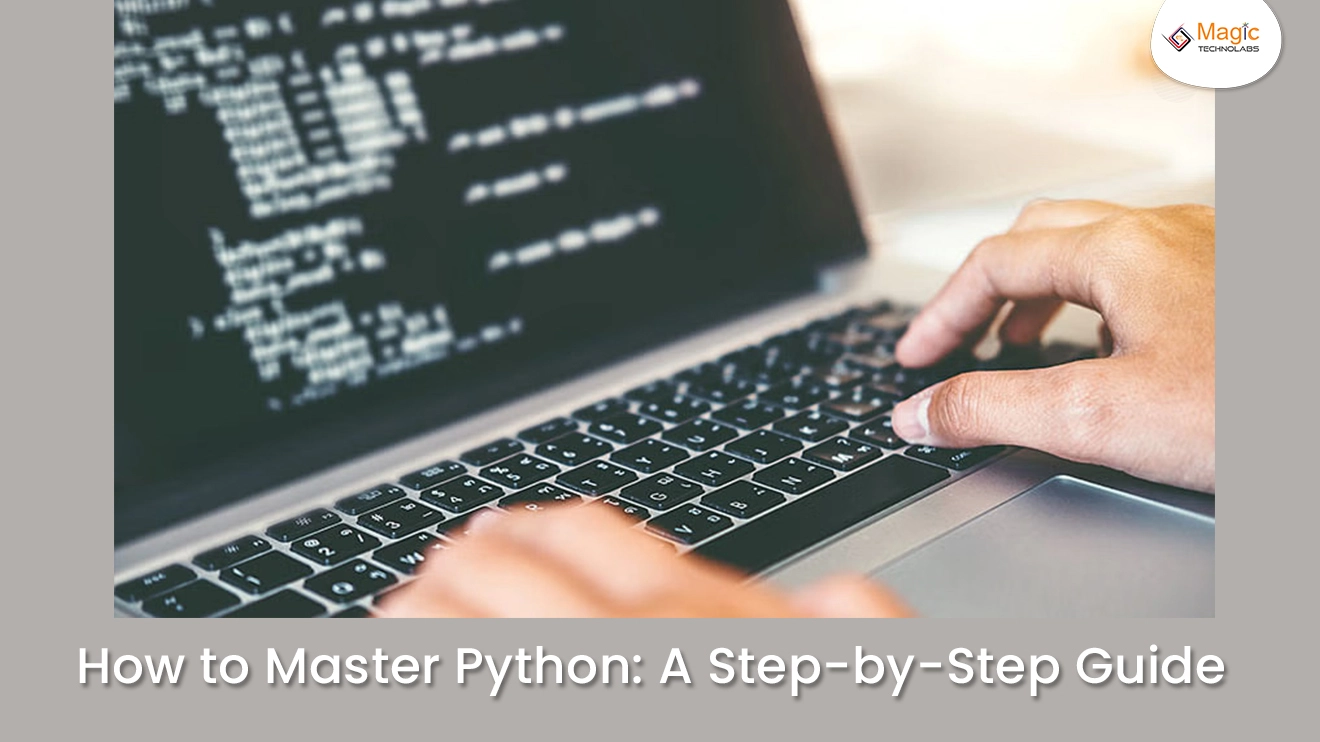Mastering Python, a versatile and powerful programming language, opens doors to a world of possibilities in software development, data science, and beyond. Here's a step-by-step guide to help you navigate the path to Python mastery.
1. Set Clear Goals:
Define Your Objectives: Understand why you want to learn Python. Whether it's web development, data analysis, or artificial intelligence, setting clear goals will guide your learning journey.
2. Start with the Basics:
Build a Strong Foundation: Begin with the fundamentals of Python syntax, data types, and control structures. Online platforms like Codecademy, Python.org, or books like "Python Crash Course" are excellent starting points.
3. Hands-On Practice:
Apply Your Knowledge: Practice is crucial in mastering Python. Work on coding exercises, participate in coding challenges, and build small projects to reinforce your understanding.
4. Explore Python Libraries:
Dive into Libraries: Python's strength lies in its extensive libraries. Explore popular ones like NumPy, Pandas, and Matplotlib for data science, or Django and Flask for web development.
5. Work on Real Projects:
Build Real-World Applications: Apply your skills to real projects. Whether it's a web application, automation script, or data analysis project, hands-on experience is invaluable.
6. Version Control with Git:
Learn Version Control: Familiarize yourself with Git for version control. Platforms like GitHub offer a collaborative environment to share and contribute to projects.
7. Understanding OOP:
Master Object-Oriented Programming (OOP): Python is an object-oriented language. Learn concepts like classes, inheritance, and polymorphism to write efficient and modular code.
8. Explore Frameworks:
Dabble in Frameworks: Depending on your interests, delve into frameworks like Django for web development, Flask for microservices, or TensorFlow for machine learning.
9. Contribute to Open Source:
Engage with the Community: Contribute to open-source projects. It not only builds your portfolio but also allows you to collaborate with experienced developers.
10. Continuous Learning:
Stay Updated: Python evolves. Stay current with the latest features, updates, and trends through blogs, forums, and attending Python-related events.
Remember, mastering Python is a continuous journey. Embrace challenges, seek guidance from the community, and enjoy the process of growing into a proficient Python developer.
















